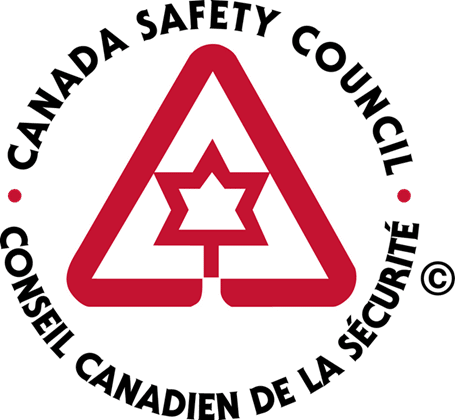Slip-Falls, No Laughing Matter
Man slips on banana peel. Audience laughs uproariously. The slip-fall is a staple of slapstick comedy. Nonetheless, slips are a major occupational safety issue. They are one of the most common and preventable workplace injuries.
The Health and Safety Commission in the UK identified slips and trips as one of eight priorities. The reason — they account for the highest number of major injuries and occur across all industry sectors. In the manufacturing and service sectors, they are the most frequent cause of non-fatal major injuries.
The potential business liability for slip-falls is high. Slips are not only a problem for workers. Customers and even the general public can also be at risk. Fortunately, the basic precautions are simple and cost effective: clean, dry walking surfaces and proper footwear.
Safe Floors
Slippery floors are a factor in most slip-falls. Spills and debris can be hazardous on any walking surface, so good housekeeping practices are essential. Clean spills immediately, and mop or sweep up any debris.
For floors with a hard mineral surface, such as tiles or polished untreated concrete, a non-slip treatment can help reduce falls.
Floors in workplaces where people continually enter from outdoors will often be wet in the winter and when it rains. For example, in shopping malls, hotels, grocery stores and fast food outlets employees and customers can slip and fall where the floor surface is wet. In commercial kitchens and some industrial operations, grease or oils may settle on the floor, increasing the chance of a slip-fall. A non-slip floor treatment is needed when wet or greasy floors are inevitable.
A non-slip coating or treatment does not eliminate the need for good housekeeping. The floor must still be properly cleaned to maintain its anti-slip surface. Some suppliers offer regular inspections to ensure continued floor safety.
The Right Shoes
Unsuitable shoes are often a factor in slip-falls. High heels, cleats on heels, and shoes with smooth-surfaced soles (such as leather) can lead to slips, falls and injuries.
Employers can ask their employees to avoid wearing these types of shoes where necessary and can encourage them to choose proper footwear with the correct type of sole. However, most businesses cannot control the shoes their customers wear. In high traffic locations, safety measures must therefore focus on the floor. In locations that cannot realistically be kept dry, non-slip or non-skid floor surfaces are both important.
If special shoes are required for the job, consult with the suppliers for advice on slip-resistant soles. No footwear has anti-slip properties for every condition.
To avoid slipping, wear suitable footwear; adjust your stride to the walking surface and watch where you are going.
